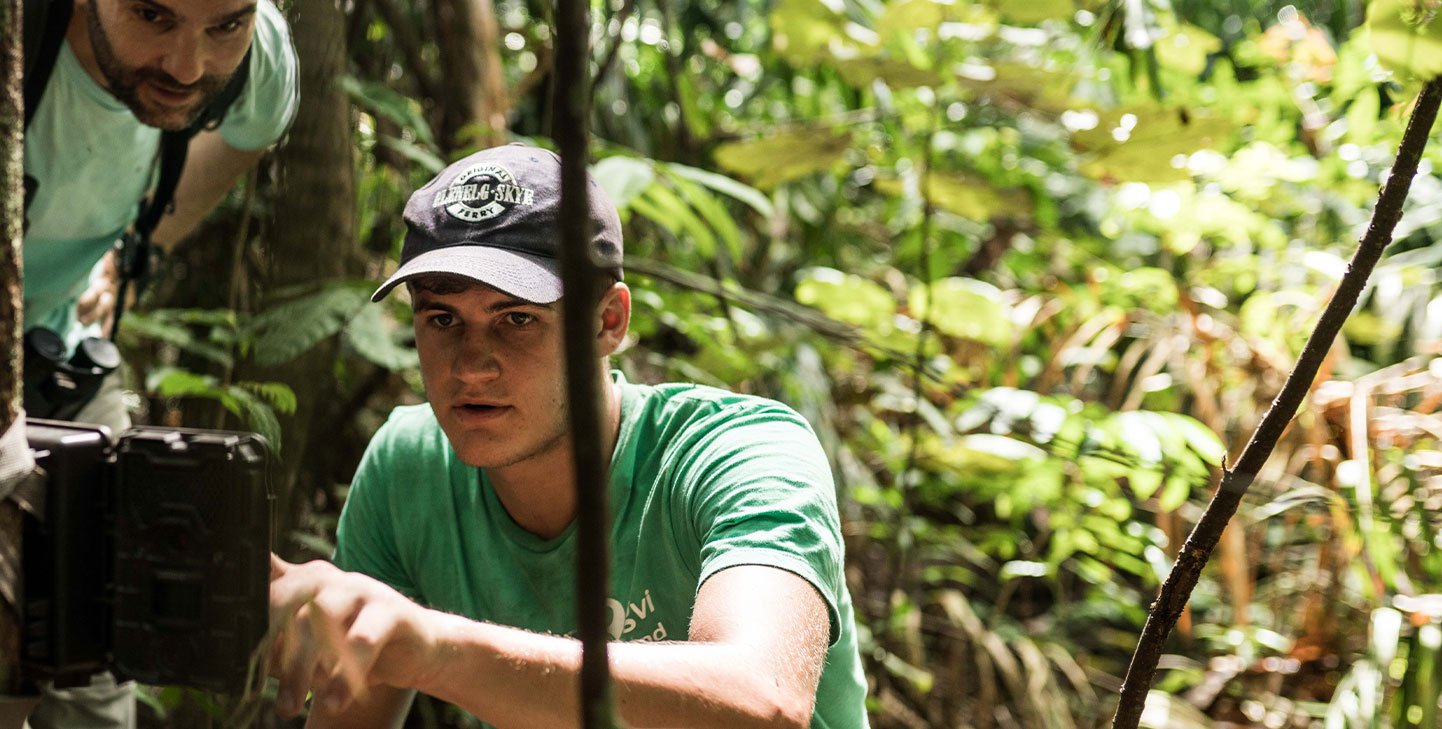The whole wild world
Volunteer abroad
Choose a program focus
Conservation
Community-based conservation
Work with communities to conserve their local wildlife and biomes.
Community development
Justice, diversity and inclusion
Help to create a world that’s fair and equitable for all.


















